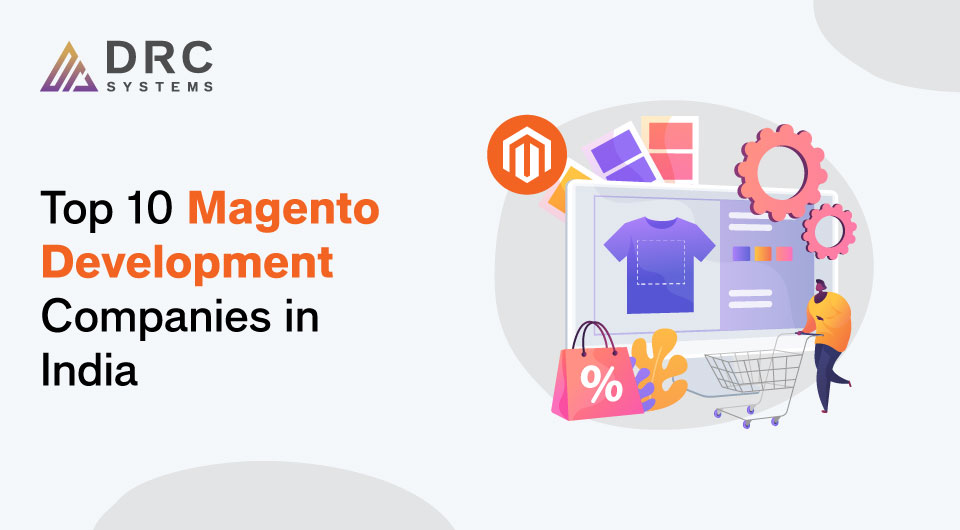Related Articles
Revolutionising Ecommerce: Progressive Web Apps Deliver Seamless Shopping Experiences
Explore how Progressive Web Apps are transforming the e-commerce industry with seamless shopping experiences.
Read The PostTop 10 Magento Development Companies in India
With 8% of its market share in 2025, Magento is one of the most used e-commerce platforms. This makes it…
Read The PostShopify’s Ultimate Guide to Setting Up an Online Store
Get started with Shopify to start your online store. A comprehensive guide on how to create an online store with Shopify.
Read The Post


